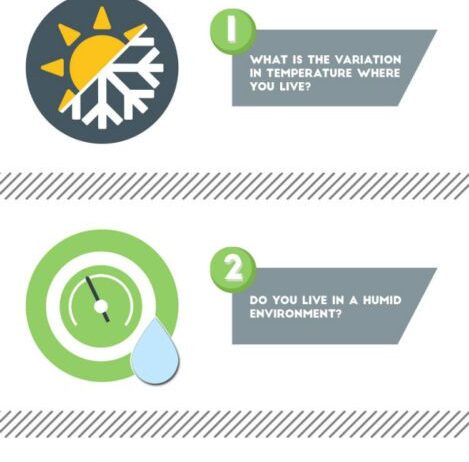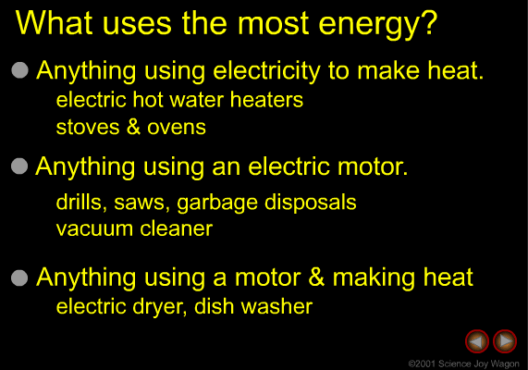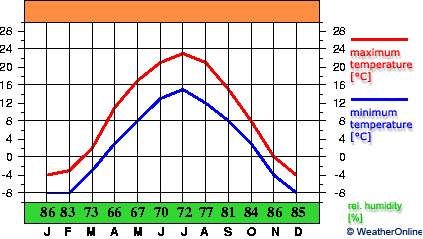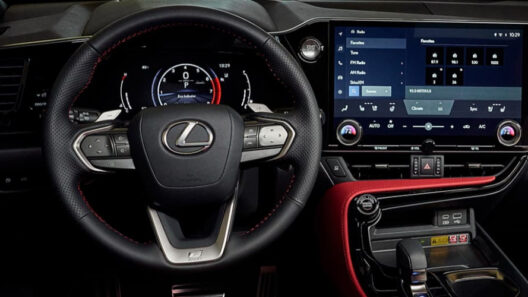In the vast realm of storage solutions, where the mundane meets the extraordinary, the idea of a climate-controlled storage unit stands as a veritable sanctuary for belongings considered too delicate for the perils of fluctuating temperatures and humidity. Yet, before embarking on the journey to secure such a haven, it is prudent to confront several pivotal questions that delve into the very fabric of your storage needs.
1. What Is the Nature of Your Belongings?
When contemplating a climate-controlled storage unit, the first question to pose is about the essence of the items you wish to safeguard. Certain possessions — like priceless artwork, vintage wines, or historical documents — are akin to delicate flowers, requiring a meticulous environment to flourish unharmed. They cannot endure the whims of nature’s climate, which can warp, fade, or decay your treasures. On the other hand, everyday items such as furniture or seasonal decorations may endure minor fluctuations in temperature without dire consequences. Assessing the vulnerability of your belongings is crucial; it acts as the compass guiding your decision-making journey.
2. How Long Will You Need Storage?
The duration for which you require storage plays an instrumental role in determining if a climate-controlled unit is warranted. If your storage needs are ephemeral, say for a brief transition during a move, the affordability of standard storage may outweigh the premium of climate control. However, long-term storage exudes different imperatives. Think of it as planting seeds: the longer you intend to store, the more investment you should make in nourishing conditions. Prolonged exposure to heat, moisture, or freezing temperatures can yield irreversible damage. Hence, for those who foresee a protracted interlude away from their possessions, a climate-controlled environment emerges not merely as an option but as an imperative.
3. What Is the Local Climate?
Understanding your local climate is akin to acquiring an astute meteorological insight into the wellbeing of your belongings. Hot and humid climates can wreak havoc on materials such as wood, fabric, and paper. Think of high humidity as an insidious uninvited guest — it breeds mold and mildew, wreaking havoc on unsuspecting possessions. Conversely, in frigid environments, items can take on the rigidity of ice, cracking or splintering under the duress of extreme cold. For instance, a vintage guitar exposed to arid conditions may experience fissures, thus negating its auditory laurels. The surrounding natural conditions, therefore, are pivotal to your storage decision; they dictate if your items thrive in a climate-controlled bastion or can coexist peacefully in a standard unit.
4. Is Your Budget Sufficient?
Every decision navigates the waters of budgetary constraints. Climate-controlled storage units typically command higher fees than their standard counterparts, operating under the principle that premium service garners premium costs. Before you plunge into this financial commitment, scrutinize your budget meticulously. Consider whether the nuanced benefits of climate control justify the added expenditure. For those who possess irreplaceable items, the peace of mind gained from knowing they are nestled in an optimal environment may render the cost a mere footnote in the larger narrative of their value. However, for curiously bankable commodities, the adjacency to standard options may suffice. Thus, the wise investor must weigh the inherent value against the purse strings, crafting an informed decision with clarity.
5. What Are Your Future Plans?
The prospect of future needs also looms large in the decision-making tapestry. Having foresight into your eventual intentions regarding the stored items can illuminate the path forward. If you harbor aspirations to peruse your stored items frequently or anticipate needing access to them with relative regularity, a climate-controlled unit may augment ease of access and maintenance. Productivity flourishes in environments that afford harmony; thus, having your belongings in the right conditions can foster a positive relationship with your possessions. Conversely, if your belongings are destined to linger in obscurity for an indefinite period, you may opt for a more cost-effective solution. Establishing clarity on your future plans translates into securing an optimal storage environment to suit your overarching schemes.
In essence, the choice to employ a climate-controlled storage unit should not be treated lightly. Rather, it necessitates a contemplative approach encompassing the vulnerability of your belongings, the duration of storage, local climatic conditions, financial implications, and future considerations. When you meticulously navigate these inquiries, you equip yourself with the insights necessary to make a discerning decision. A climate-controlled unit stands at the confluence of caution and care, much like a resilient bastion against the unpredictable elements of our environment.
Ultimately, the overarching pursuit is to protect the treasures that withhold meaning in our lives, transformed into memories, aspirations, and legacies. Contemplating whether to invest in climate-controlled storage may seem administrative, yet merely unlocking the door to such questions allows for comprehensive planning and foresight. In yielding to this process of inquiry, you transform your storage needs into a strategic endeavor, ensuring that your cherished possessions await your return in pristine condition, ready to enrich your life anew.








